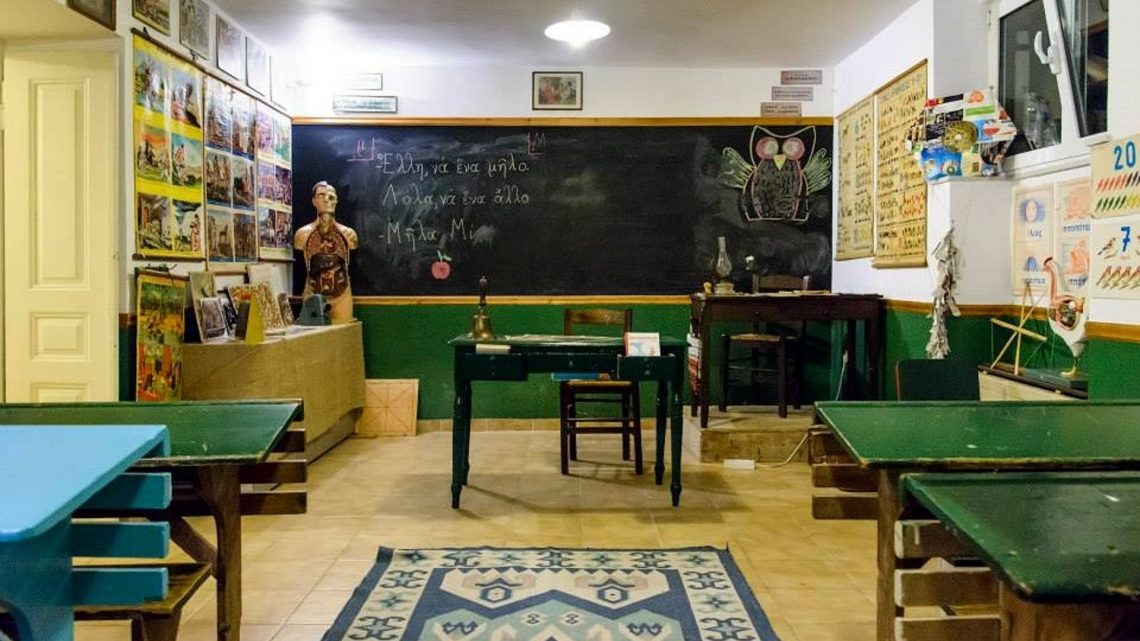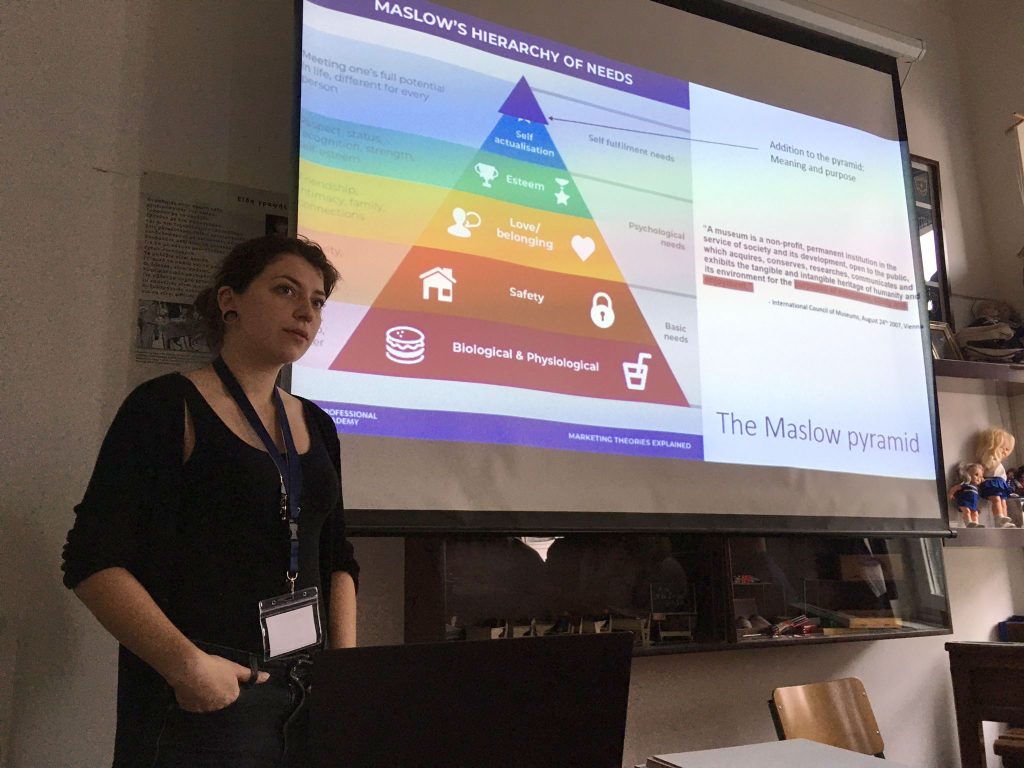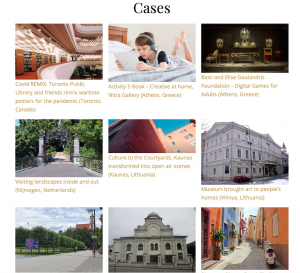
The Cradle of Best Practices: a CRISP meeting in Athens
For the Erasmus-funded CRISP project, which aims to describe best practices of heritage projects during the COVID-19 period, we gathered with our international partners in Athens, where we enjoyed the hospitality of our Greek partner, the School Life and Education Museum.
Before the three-day meeting, all six partners elaborated on five COVID-born heritage projects of their ten-item selection, and Quiosq produced an operational version of the CRISP website to which these projects were added in advance of the four-day visit. On the agenda of the three project meetings in Athens was the evaluation of the process of describing the chosen projects – in particular sharing ideas and tools for researching and defining the actual impact of these projects, then, fine-tuning the “under construction” website and, finally, the progress of the CRISP project in general.
After our morning project sessions, the team shared several heritage tours that highlighted the current state of working in heritage in Athens: an introduction to the content and operation of the School Life and Education Museum, a guided walk through the archeological site of the Acropolis, and a visit to the Acropolis Museum.
Impact of the projects
Describing the organizational, financial, and practical context of our chosen COVID time heritage projects has been pretty straightforward and posed few problems – although information could not always be obtained easily and quickly. It proved more difficult to report on the impact of these projects since heritage experiences are as diverse as perceived heritage values and can’t be seen apart from audiences’ identities, goals, and interests.
For the occasion of the CRISP project, Nina Kaiser works for Quiosq in order to describe ‘our’ ten instructive COVID projects, and in addition, she is also working on an effective way to describe the impact of such projects that were necessarily executed in alternative ways (notably online). In Athens, Nina elaborated on the latter, presenting a lecture/workshop on ways to analyze heritage experiences in general and score the different phases of heritage encounters with different values.
Such ‘experience values’ were loosely inspired by the Maslow pyramid of needs and then categorized by the different visitor identities by John Falk and Lynn Dierking (Falk, John H., and Lynn D. Dierking. 2013). The workshop was a source of lively discussion and Nina will further develop and test her tool for the benefit of the CRISP project later this year.

The CRISP website
In a morning session on the second day of the meeting, the CRISP team discussed the design, content, functionality, and use of the first functional CRISP site that will be publicly available in early 2022. The CRISP team was enthusiastic about the website so far, in particular its clarity and design.

During the meeting, we discussed several ways to fine-tune this version with regard to navigation, information, and integration. The promotion of the website will be a topic for the upcoming meeting in Malta (January 2022).
Last but not least…
A final session in Athens was dedicated to the management of the CRISP project, summarizing the topics that were reviewed, decisions we made also reestablishing deadlines, and previewing the Malta meeting next year. We are looking back on an interactive, instructive, and overall, very pleasant get-together that was seamlessly prepared and facilitated by Evangelia Kantartzi and Thanos Fourgkatsiotis of the School Life and Education Museum in Athens.
Marieke van der Duin
Image © School Life and Education Museum, Athens


